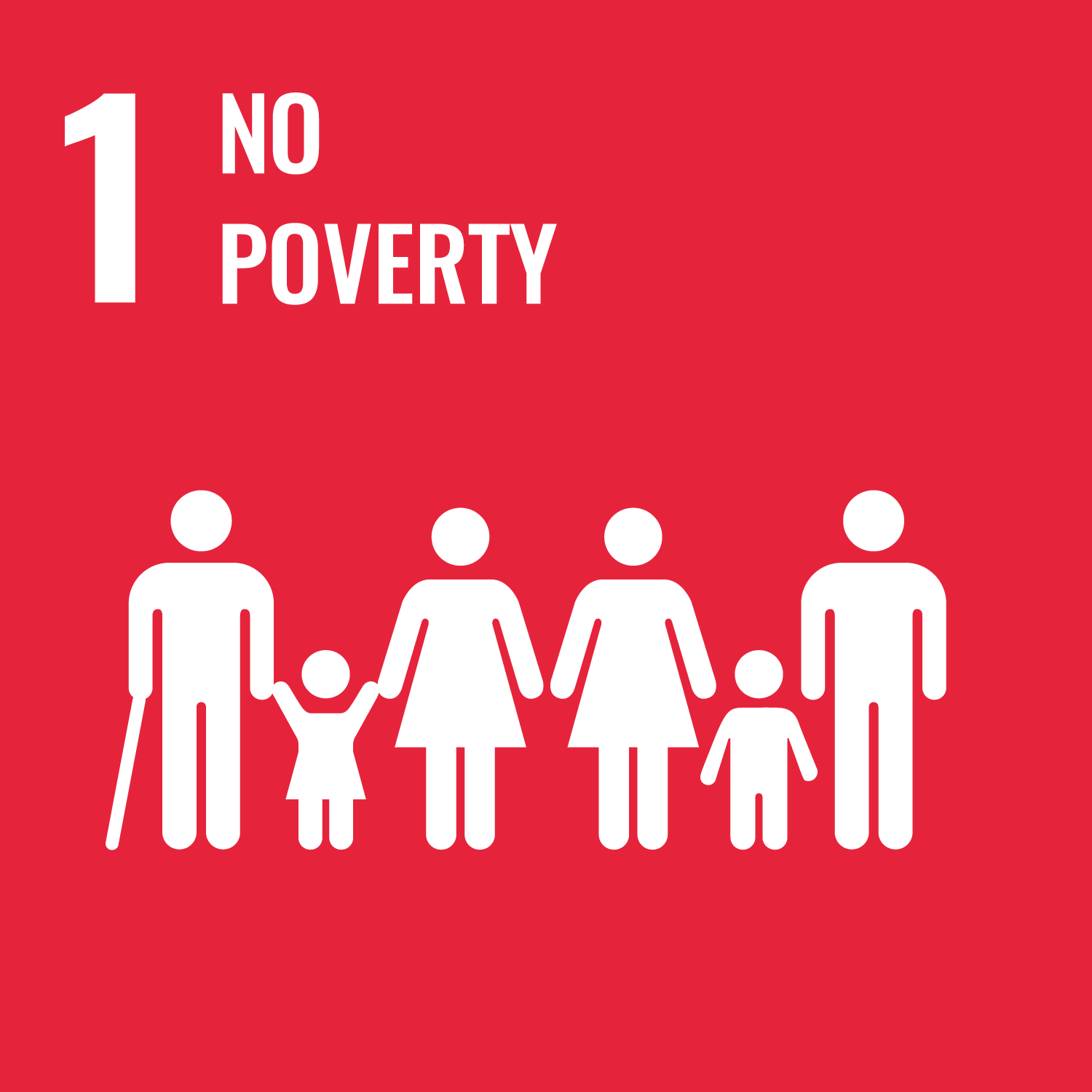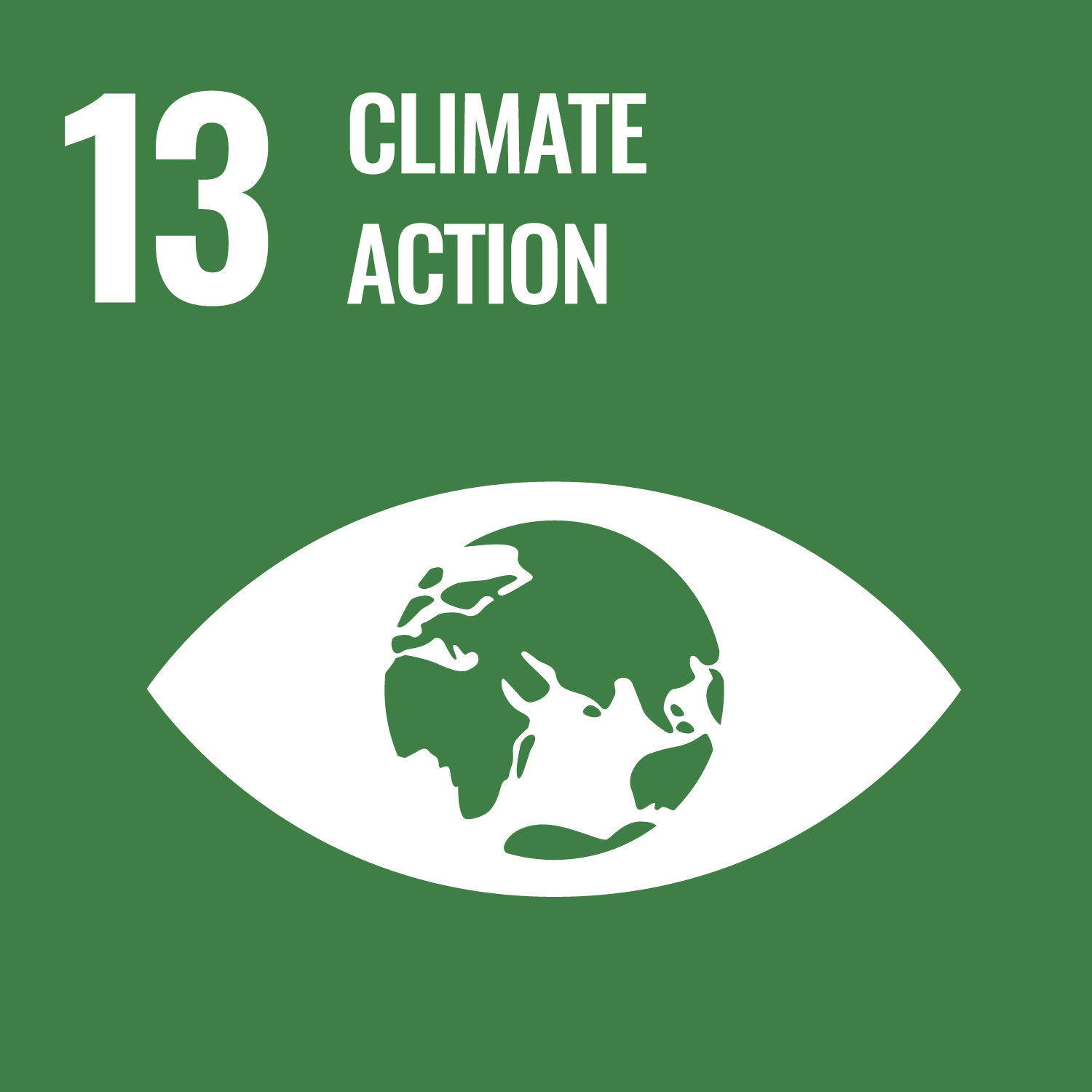World's First Small-Scale Fisheries Impact Bond
Aligned SDGs



- World's First Small-Scale Fisheries Impact Bond
- General overview
- Intervention
- Location
- Last data update
- Spreadsheet of data
- World's First Small-Scale Fisheries Impact Bond
- General overview
- Intervention
- Location
- Last data update
- Spreadsheet of data
General overview
Stage of development: Final negotiations
Policy sectors: Environment and climate change
Type of instrument: Impact Bond
Delivery locations: Indonesia / Philippines
Country classification: Lower-middle-income / Upper-middle-income
Intervention
Social or environmental challenge
"Lack of protection is causing ocean biodiversity to plummet, creating an existential crisis. The global 30x30 initiative is crucial to addressing these issues by protecting 30% of the ocean by 2030. In coastal communities, the active management of SSF and associated coastal wetland ecosystems can combat climate changes while supporting the local economy. SSF provide significant benefits to coastal communities including climate resilience and mitigation, economic growth, and food security. However, SSF are chronically underfunded, under-resourced, and suffer from the sector's informality, which prevents its ability to absorb capital.
This program addresses ocean protection and sector formality by:
1. Increasing KM2 of ocean protection by establishing MA+R
2. Stabilizing biomass and benthic coverage by actively managing reserves
3. Establishing a community-led Fisheries Management Bodies (FMBs) as legal entities.
4. Bringing SSF microbusinesses into the formal economy and strengthening their capacity along domestic value chains."
Description of the intervention
"This project seeks to secure design funding for Cohort 2 funding for the world's first SSF impact bond for the establishment and operation of at least 10 new Managed Access with Reserves (MA+Rs), a fisheries management system which balances sustainable use and protection, in Indonesia and the Philippines.
In support of the UN's 30x30 targets, the bond revenue will be used to establish MA+Rs within Marine Protected Areas (MPAs) or as Other Effective Conservation Measures (OECMs). This results will strengthening the target geographies' resilience to climate change and mitigation capacity, while enhancing their ability to promote inclusive and sustainable economic growth, directly contributing to SDGs 13 and 8.
This second cohort of the bond aims to convert Cohort 1's proof-of-concept structure to a scalable model of a Social Impact Bond for Cohort 2 and beyond. The launch of Cohort 1 is targeted for Q1 2024.
The vision of Cohort 2 covers:
- Target investment US$25-50 million
- Outcome funders include governments
- Impact areas include MA+R coverage; Fish biomass stabilization; Benthic coverage (including coral reefs); Microbusiness formalization
- Measurable formalization successes from the innovation piece of Cohort 1 may be included in Cohort Two as premium payments, i.e. microbusiness formalization"
Location
Country:
- Philippines
- Indonesia
Locality:
- Indonesia
- Philippines
Last data update
Data for this pipeline project was last updated in March 2024
You might have noticed that some pipeline projects have more data than others. This is because organisations can share as much data as they want with the INDIGO initiative. If you have more data on one of these pipeline projects and would like to share with us, please get in touch at indigo@bsg.ox.ac.uk. Our full list of variables and data definitions can be found here.
Spreadsheet of data
Important Notice and Disclaimer on INDIGO Data
INDIGO data are shared for research and policy analysis purposes. INDIGO data can be used to support a range of insights, for example, to understand the social outcomes that projects aim to improve, the network of organisations across projects, trends, scales, timelines and summary information. The collaborative system by which we collect, process, and share data is designed to advance data-sharing norms, harmonise data definitions and improve data use. These data are NOT shared for auditing, investment, or legal purposes. Please independently verify any data that you might use in decision making. We provide no guarantees or assurances as to the quality of these data. Data may be inaccurate, incomplete, inconsistent, and/or not current for various reasons: INDIGO is a collaborative and iterative initiative that mostly relies on projects all over the world volunteering to share their data. We have a system for processing information and try to attribute data to named sources, but we do not audit, cross-check, or verify all information provided to us. It takes time and resources to share data, which may not have been included in a project’s budget. Many of the projects are ongoing and timely updates may not be available. Different people may have different interpretations of data items and definitions. Even when data are high quality, interpretation or generalisation to different contexts may not be possible and/or requires additional information and/or expertise. Help us improve our data quality: email us at indigo@bsg.ox.ac.uk if you have data on new projects, changes or performance updates on current projects, clarifications or corrections on our data, and/or confidentiality or sensitivity notices. Please also give input via the INDIGO Data Definitions Improvement Tool and INDIGO Feedback Questionnaire.